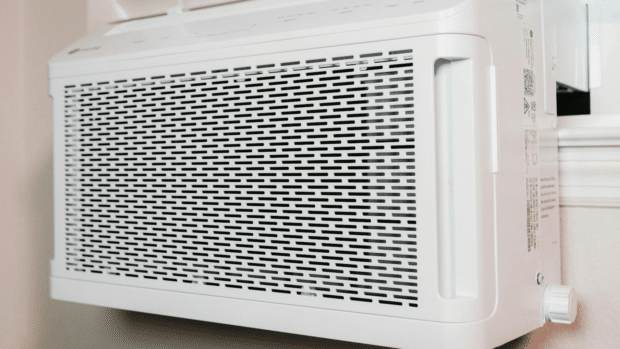
Imagine you’re having a bad day. You enter your room, and your AI aircon senses you’re hot-headed today, so it cools the room further.
That’s the latest artificial intelligence (AI) feature of Mitsubishi Electric’s Kirigamine models. Moreover, Panasonic and Sharp have built units that adjust temperature based on weather reports and solar power consumption, respectively.
Other air conditioning units claim to have AI sensors, but they only use them to maintain temperature based on surrounding changes.
What are the AI aircon units’ features?
Singapore-based The Strait Times shares more information about these AI aircon units. It said Mitsubishi Electric incorporated its Kirigamine models with an artificial intelligence system that adjusts temperature based on the following:
- A building’s heat-insulating properties and air-tightness
- Indoor and outdoor fluctuations
These adjustments enable the new models to reduce power consumption by roughly 8 percent compared with conventional models.
READ: Why air quality is a global concern
As mentioned, Mitsubishi also outfitted the latest units with artificial intelligence that tracks a person’s pulse to control air temperature and flow.
Other Japanese brands like Panasonic have made AI aircon units that obtain online weather information to adjust temperature.
Sharp’s latest units have an AI that links to a house’s solar power system. It adjusts power consumption based on the system’s surplus power.
READ: AI-based air conditioners introduced in South Korea
As a result, these air conditioners can reduce power by 25 percent lower than traditional units. These aircon companies experienced higher shipment growth in April and May when Japan had numerous hot days.
Harumi Maruyama, a consumer affairs adviser, noted, “As the popularity of AI-equipped air-conditioners with strong energy-saving functions is expected to continue, manufacturers will focus more on these products in the future.”